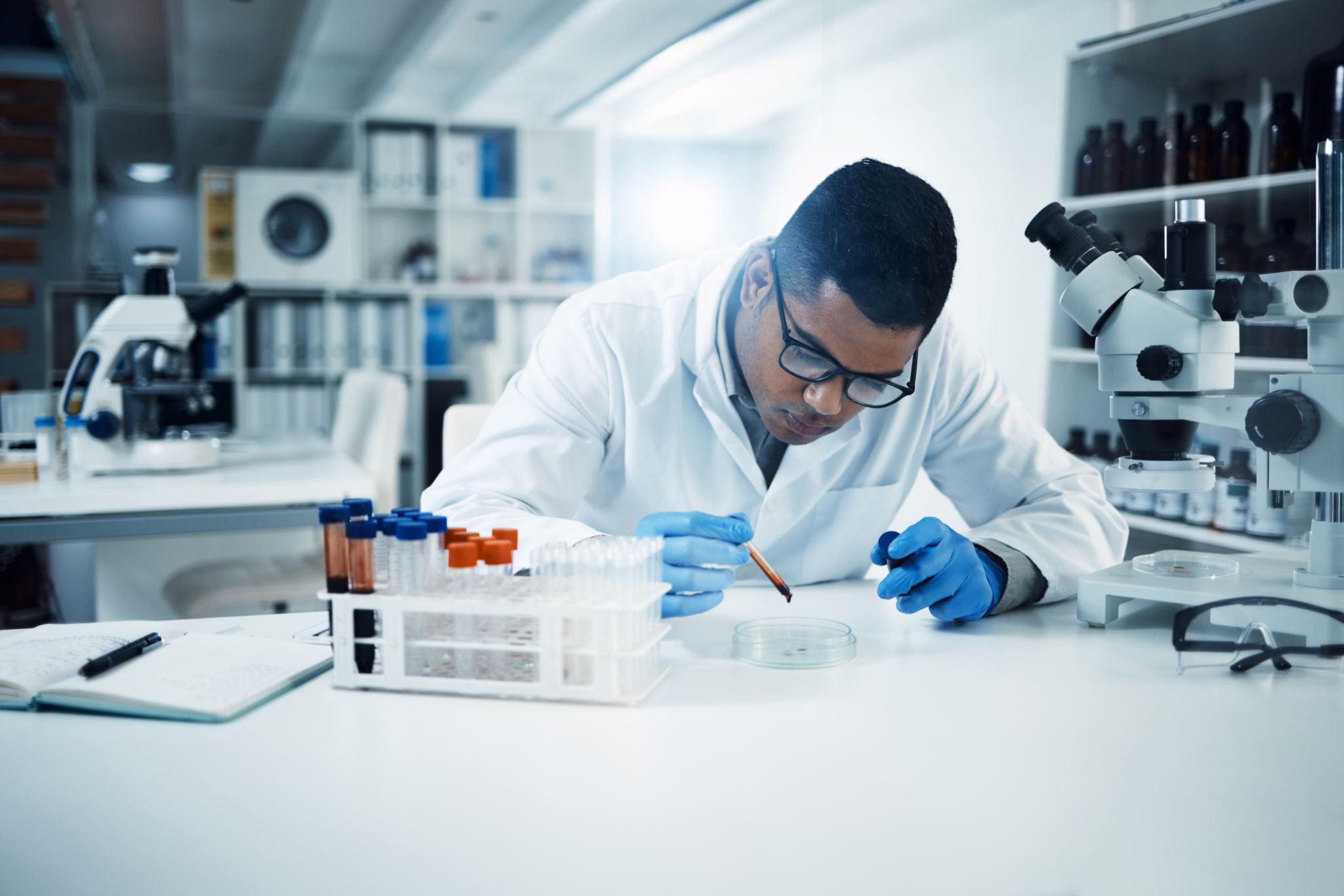How to Ensure Accurate Lab Results for DNA Tests in New Jersey
Understanding the Importance of Accurate DNA Testing
DNA testing has become an essential tool in various fields, from forensic investigations to ancestry tracing and medical diagnostics. Ensuring the accuracy of these tests is crucial, particularly in states like New Jersey, where the demand for reliable results is high. Accurate DNA test results can significantly impact personal and legal decisions, so it's vital to understand how to maintain accuracy throughout the process.
The accuracy of DNA testing relies on multiple factors, including the quality of the sample collected, the methodology used in the lab, and the expertise of the technicians. By focusing on these elements, individuals and organizations can ensure that their DNA test results are both reliable and meaningful.

Choosing a Reputable DNA Testing Lab
The first step in ensuring accurate DNA results is selecting a reputable laboratory. In New Jersey, there are numerous labs offering DNA testing services, but not all are created equal. Look for labs that are accredited by recognized bodies such as the American Association of Blood Banks (AABB) or the College of American Pathologists (CAP). These accreditations indicate that the lab adheres to stringent quality standards.
It's also essential to consider the experience and qualifications of the lab personnel. Technicians should be well-trained and experienced in handling DNA samples and conducting tests. Labs that invest in continuous training and education for their staff are likely to produce more accurate and reliable results.
Ensuring Quality Sample Collection
The accuracy of DNA tests starts with the quality of the sample collected. Proper collection techniques are vital to avoid contamination or degradation of the DNA sample. Whether you're collecting a buccal swab or a blood sample, it's important to follow the lab's instructions carefully.
For personal tests conducted at home, make sure to use a clean environment and sterile equipment provided by the testing service. If you're unsure about any part of the process, don't hesitate to reach out to the lab for guidance. Remember, a contaminated sample can lead to inaccurate results.

Understanding Testing Methodologies
DNA testing methodologies can vary significantly between labs, affecting the accuracy of results. Understanding these methodologies can help you make informed decisions about your test. Common techniques include Polymerase Chain Reaction (PCR) and Short Tandem Repeat (STR) analysis, each with its own strengths.
Discuss with your chosen lab which methodology they use and why it's suitable for your specific testing needs. A lab that openly communicates about its processes and methodologies is more likely to be transparent and trustworthy.
Importance of Double-Checking Results
Once you receive your DNA test results, it's important to review them carefully. Don't hesitate to ask questions if any part of the report is unclear or if you have any doubts about its accuracy. Reliable labs will have customer support teams ready to help you understand your results.

If possible, consider verifying your results with another reputable lab. This step is particularly important for tests with significant legal or medical implications. Confirming findings can provide peace of mind and ensure decisions are based on accurate information.
Conclusion: Commitment to Quality
Ensuring accurate DNA test results in New Jersey requires careful consideration at every stage of the testing process. By choosing accredited labs, ensuring quality sample collection, understanding methodologies, and verifying results, individuals can trust in the information provided by their DNA tests.
Ultimately, these steps contribute to making informed decisions based on reliable data, whether for personal knowledge or critical legal matters. By prioritizing accuracy, New Jersey residents can make the most of what DNA testing has to offer.
